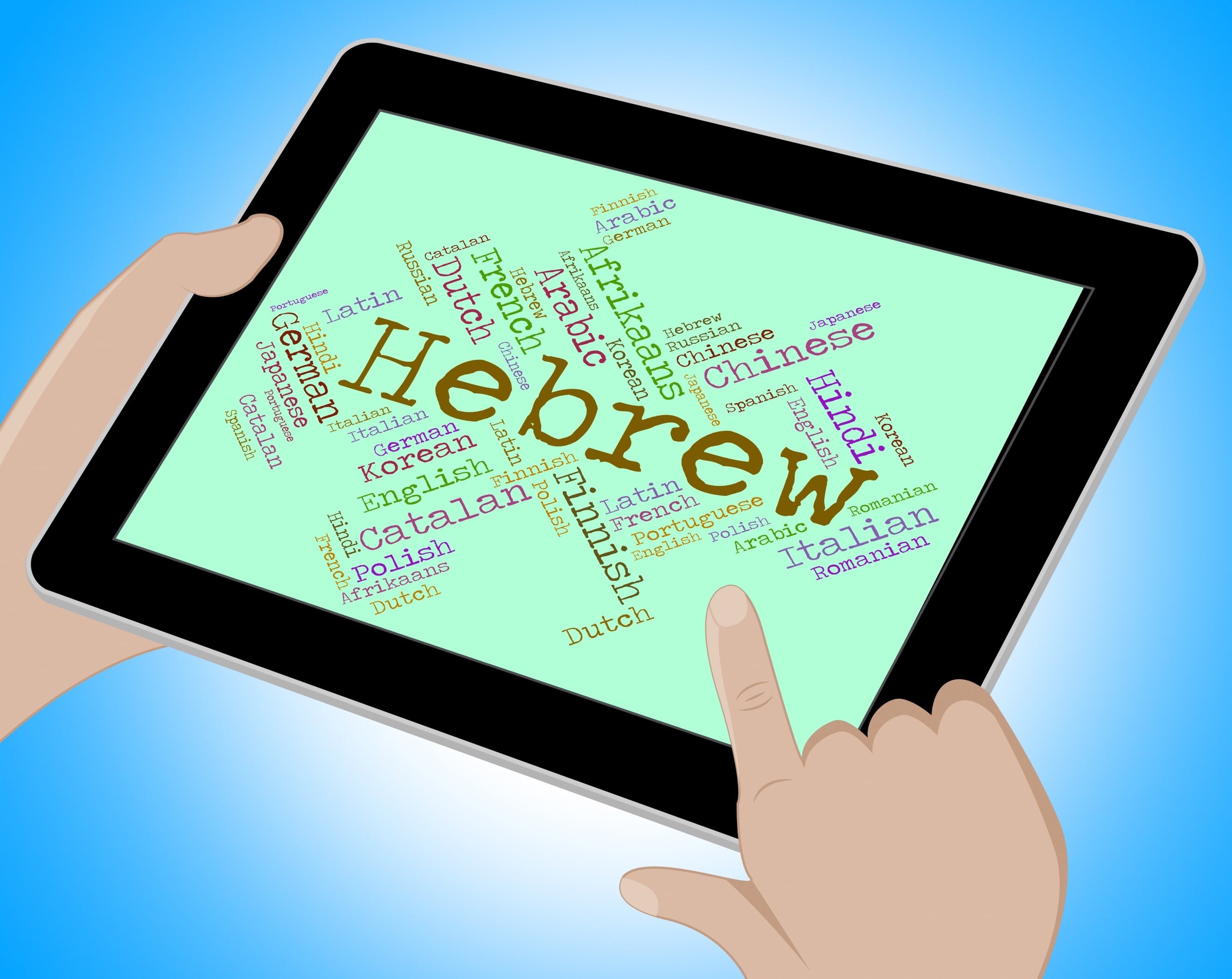Modern Vs. Biblical Hebrew: Which One Do You Need to Learn?
In most cases, when someone decides to start learning a new language, they just select one, and well… they get on with it. However, when it comes to learning Hebrew, things are a bit different. You see, when you opt to start learning Hebrew, you have to decide whether you want to learn Modern Hebrew or Biblical Hebrew.

Many people get confused here because they don’t understand what the difference is between the two when it comes to their use. Although modern and biblical Hebrew are kind of similar to each other, there are some key usage differences that you should keep in mind when choosing one of the two.
The Similarities and Differences
Modern Hebrew’s core vocabulary comes from the biblical variation of the language. A large percentage of simple verbs and nouns—at least those that were there in the time of the Bible—are the same. However, there are also many words in Biblical Hebrew that aren’t used in the Modern variation of the language, and some terms are used differently.
Of course, the Bible was written in an era quite different from the world we currently live in. That invariably means that some words represent various things in the two variations of the language but perform the same function. For instance, the word “sefer” (ספר), in Modern Hebrew, simply means “book.” However, in Biblical Hebrew, the same word meant a scroll of parchment with something written on it. You see what we mean?
Recommended reading: Bible Scholarship and its Connection with the Hebrew Language
Which One Should You Choose?
As implied by its name, Modern Hebrew is spoken in the present day by the millions of Jewish people living in Israel. Like we mentioned, the modern variation is primarily originated from the Biblical version. It underwent reinvention in the 1800s, during a time when Zionism grew, and the Jewish people who were scattered across the world started to migrate to Israel.
Now, when it comes to non-religious and non-academic use, Modern Hebrew can be, of course, a lot more useful than its Biblical counterpart. You’ll be ill-fated if you try to converse in Biblical Hebrew in Israel— you definitely won’t be understood by the locals. However, if you’re learning Hebrew to study the Bible and religious Jewish scriptures, you’re, of course, better off learning the Biblical version.
So as you can see, both choices are excellent in regards to your end goal. So the bottom line is to be aware of your end goal when you chose your current Hebrew learning path.

In both cases, when it comes learning Hebrew – Modren and/or Biblical – you better off finding the best teachers to guide you along your Hebrew learning journey. Get in touch with Ulpan Or today as we provide Hebrew language learning classes online, which can be available for you from the comfort of your own home. You can also take a test to determine your language level! Contact them today for more information.



